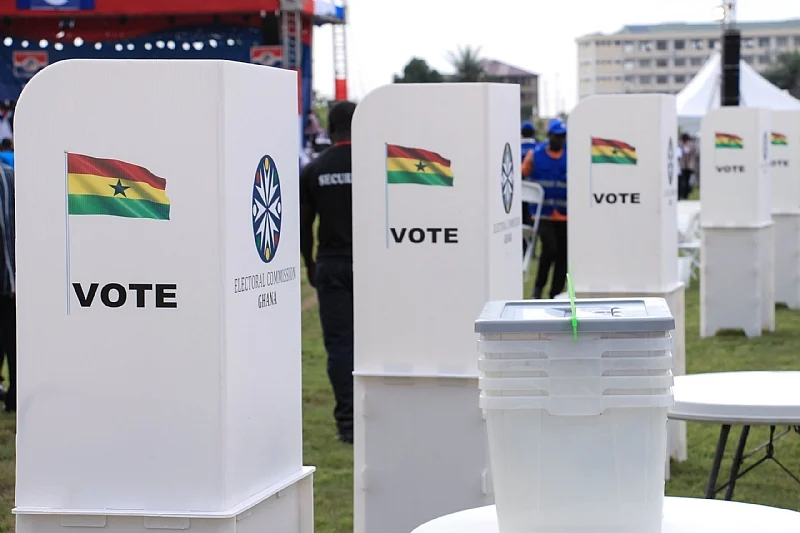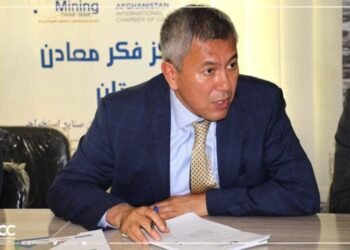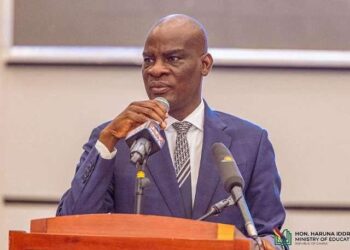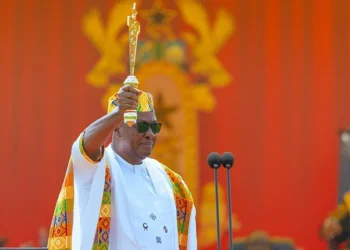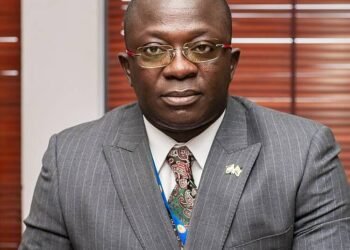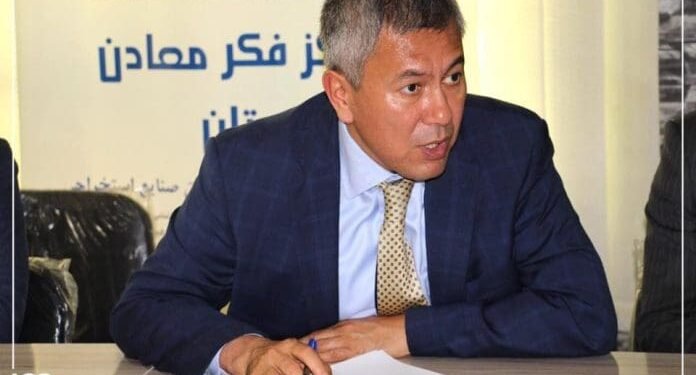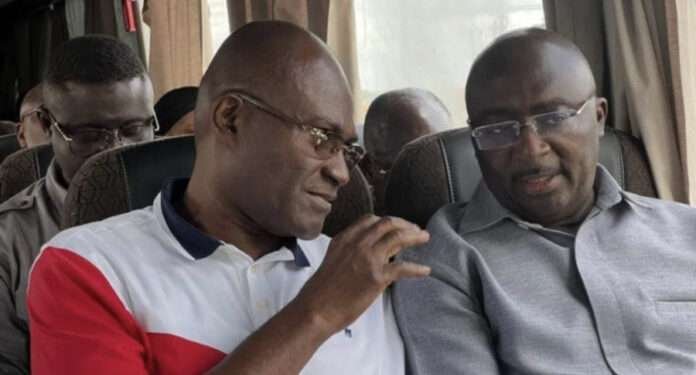The Ghana Integrity Initiative (GII), Ghana Anti-Corruption Coalition (GACC), and the Ghana Center for Democratic Development (CDD-Ghana) have expressed serious concern over the blatant violation of Sections 33 and 34 of the Representation of the People Law, 1992 (PNDCL 284) by the NDC and NPP.
In a media statement, they strongly condemn the distribution of cooked food, rice, and cooking oil to potential voters.
These anti-corruption organizations highlighted that Section 33 of the law prohibits the offering or receiving of gifts or money as inducements to voters.
“Section 34 of the Representation of the People Law, 1992 (PNDCL 284) makes it an electoral offense of treating if a person corruptly either themself or through another person, before, during, or after an election gives or provides or pays wholly or in part the expenses of giving or providing meat, drink, entertainment or provision to or for any person; for the purpose of corruptly influencing that person or another person to vote or refrain from voting: or on account of that person or another person having voted or refrained from voting or being about to vote or refrain from voting; or if he corruptly accepts or takes any meat, drink, entertainment or provision offered in the circumstances and for the purposes mentioned in paragraph (a) of this section.
“These laws notwithstanding, evidence gathered from media reports shows representatives of the two leading political parties openly treating prospective voters in several constituencies”.
GII, GACC, and CDD-Ghana
The statement highlighted several incidents, alleging that in Okaikoi South, NDC’s Ernest Adomako distributed chickens, money, and bags of rice to voters, as posted on social media on 1 December 2024.
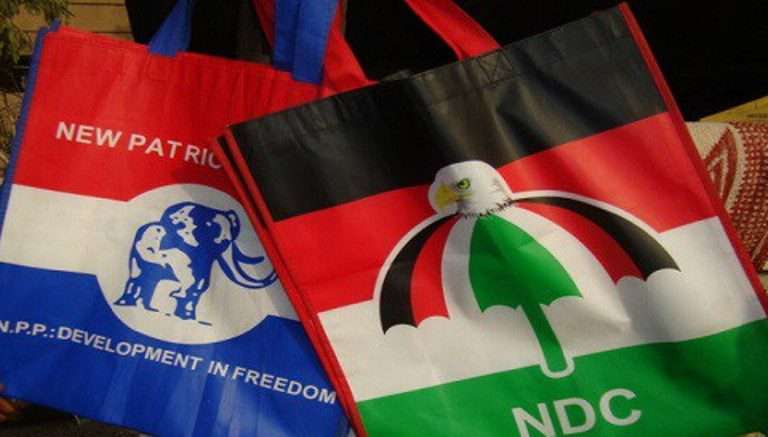
In Ayawaso West Wuogon, NPP’s Lydia Alhassan reportedly gave out oil and bags of rice to Legon security guards, as posted on social media on 27 November 2024.
Additionally, various reports claim that packs of food were handed out to voters in queues during special voting on 2 December 2024 by the incumbent MP of Ayawaso West Wuogon.
The institutions further stressed the need for investigations by the relevant authorities to verify the allegations and media reports.
However, they caution political parties and the public that if these violations are confirmed, they will undermine the principles of fairness, transparency, and accountability necessary for a free and fair election.
GII, GACC, and CDD-Ghana Urge Accountability Over Violations
Furthermore, GII, GACC, and CDD-Ghana warned political parties that Ghanaians are watching closely, noting that whichever party cries foul over the election outcome may be seen as undermining the election’s integrity.
The institutions called on law enforcement to investigate the videos in the public domain and ensure those responsible are held accountable.
They also emphasized that a swift and transparent investigation into the reported cases of vote-buying and treating will play a crucial role in strengthening Ghana’s democratic credentials and boosting public confidence in the country’s electoral processes.
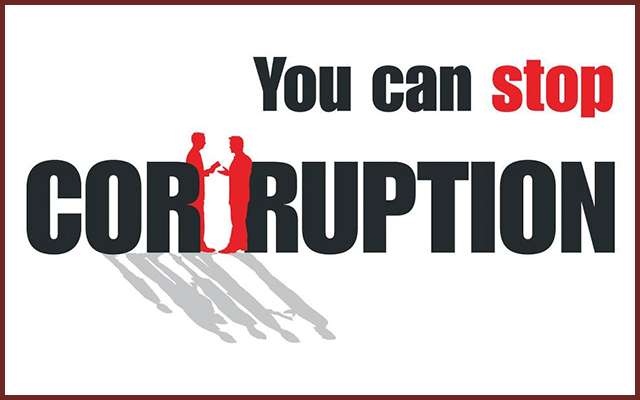
“Our three organizations also call on the media, faith-based organizations, and the larger civil society to intensify education campaigns, raising awareness of the implications of electoral corruption to the electoral outcomes and the peace and stability of Ghana.
“We further call on political parties and candidates to publicly distance themselves from corrupt practices and demonstrate a commitment to ethical standards relative to the 2024 elections”.
GII, GACC, and CDD-Ghana
They reiterated that GII, along with its partners, GACC and CDD-Ghana, is conducting a large-scale monitoring exercise to track instances of electoral corruption, vote-buying, abuse of state resources, and campaign financing.
The results of this exercise, according to these institutions, will serve as the foundation for advocating reforms in Ghana’s campaign and political financing.
As such, they urged all citizens to vote responsibly, reject inducements, and hold political actors accountable.
The anti-graft coalition asserted that it is the collective responsibility of all Ghanaians to protect the stability and development of the nation, so each person must do their part in rejecting corruption.
READ ALSO: Le Pen Defends Decision To Support Barnier’s Ouster

